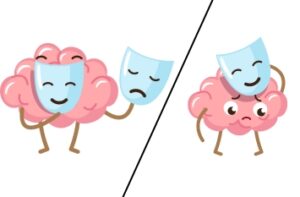
Derealization & Understanding the Disconnection from Reality
Derealization & Understanding the Disconnection from Reality Derealization is a psychological phenomenon characterized by a profound sense of detachment from one’s surroundings, often accompanied by









